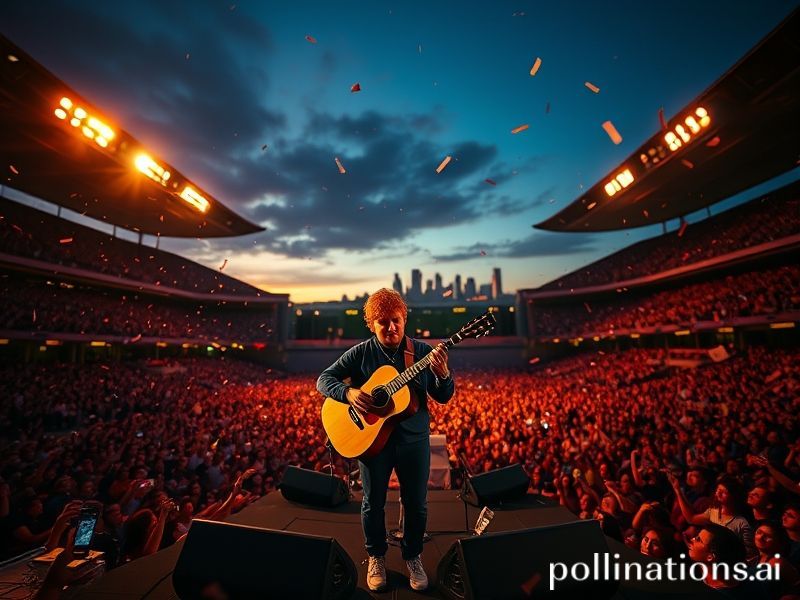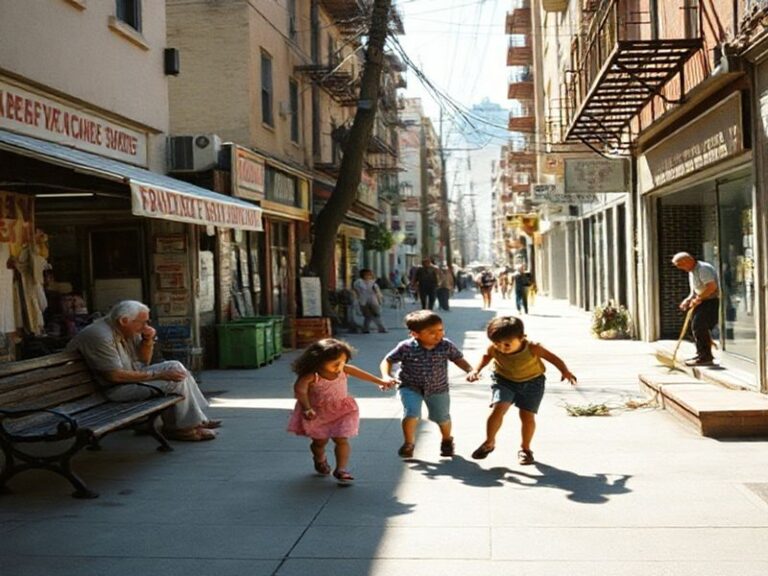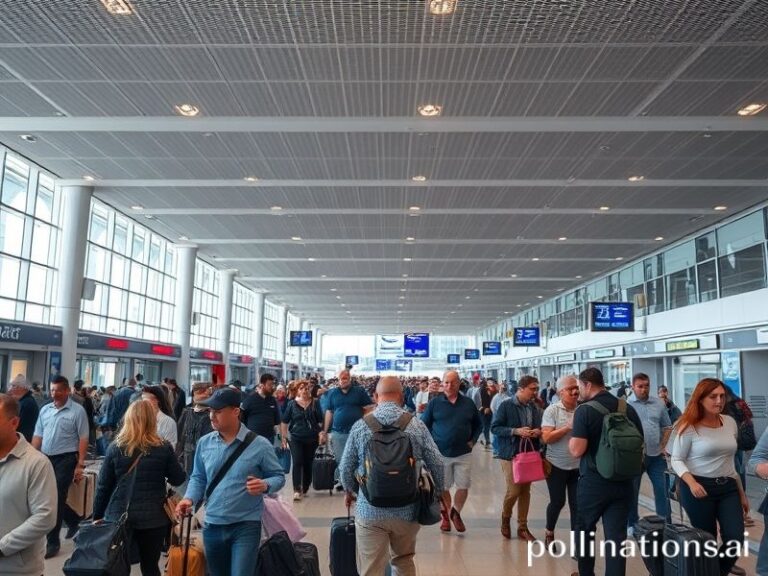Ed Sheeran’s Global Love Invasion: How One Ginger Minstrel Became the UN of Break-Up Songs
Ed Sheeran’s Mathematics Tour, now staggering into its third calendar year like a drunk tourist who missed the last ferry, has quietly become the planet’s most efficient soft-power export since the British Empire swapped gunboats for guitar chords. From Jakarta’s traffic-choked Gelora Bung Karno to Warsaw’s defiantly rebuilt National Stadium, the red-haired bard from Suffolk has been selling the same four-chord sermon of universal heartbreak to 8.3 million paying souls—roughly the population of Switzerland, if Switzerland were slightly more emotionally available.
The logistics alone read like a Pentagon briefing: 100+ trucks per city, 400 local crew hired and fired within 48 hours, carbon offsets purchased with the moral confidence of a chain-smoker buying nicotine gum. Sheeran’s loop-pedal rig, small enough to fit in an overhead bin, now circumnavigates the globe more often than the average shipping container of illicit fentanyl. Somewhere in Dubai, an ex-oil engineer has calculated that the tour’s LED wristbands consume enough electricity yearly to power 2,700 Bangladeshi villages, but the spreadsheet was quietly buried under a pile of complimentary tote bags.
In Buenos Aires, scalpers have achieved what the IMF never managed: they’ve pegged the peso to the whims of British sentimentality. Tickets trade at six times face value, which, considering Argentina’s 276% inflation rate, actually makes them one of the more stable assets in the country—right up there with soybeans and the hope that maybe this government won’t default again. Meanwhile, in Seoul, K-pop stans who can recite the choreography of seventeen different groups line up politely for a man whose signature dance move is tapping a foot pedal with the existential weariness of someone who’s realized that love, like debt, is merely compound interest on poor decisions.
The broader significance? Globalization has reached the point where a troubadour who looks like your cousin’s accountant can weaponize nostalgia in 47 languages. Sheeran’s set list—an algorithmic blend of wedding first-dance standards and pharmaceutical-grade melancholy—functions as sonic NATO: reassuring, vaguely Anglo-American, and impossible to leave once you’re inside. Critics in Berlin mutter about cultural imperialism, then hum “Shape of You” while queuing for döner. In Lagos, Afrobeat DJs drop the grime remix of “Bad Habits” into their sets, because nothing says pan-African solidarity like a Suffolk lad rapping about kebabs at 3 a.m.
Humanitarian observers note that the tour’s VIP packages—$900 for a laminated pass and the chance to breathe the same oxygen as a multi-millionaire—now outprice the average annual income in 23 of the countries on the routing. This has led to a new micro-economy: enterprising Manila teenagers rent their parents’ smartphones to livestream queue updates, monetizing desperation one pre-roll ad at a time. The UN, ever alert to new crises, is debating whether to classify “post-concert emotional vacancy” as a humanitarian disaster, right after “running out of Taylor Swift tickets.”
Yet the real marvel is how Sheeran’s brand of aggressively inoffensive sincerity has become the lingua franca of a planet that can’t agree on carbon emissions, vaccine patents, or which side of the road to drive on. When 60,000 Mexicans belt out “Castle on the Hill” in unaccented English, you realize that the last universally shared human experience isn’t democracy or climate change—it’s the bittersweet realization that your teenage years were mediocre, set to a four-chord loop and sponsored by a beer company.
As the Mathematics Tour grinds toward its 2025 finale—rumored to be a floating stage somewhere in international waters to avoid all tax jurisdictions—economists predict a small but measurable dip in global productivity the following Monday, as millions wake up with the emotional hangover of having collectively pretended everything was fine for three hours. Which, if you think about it, is the most honest summary of international relations in the 21st century: a ginger Englishman with a guitar, promising that love will save us while quietly itemizing the merch sales.







